The ECHL announced on Thursday that the 2019 inductees for the ECHL Hall of Fame are Jim Bermingham, Alex Hicks, Rick Judson and Brian McKenna.
The four will be formally inducted as the 12th class of the ECHL Hall of Fame at a luncheon that will be held in conjunction with the 2019 CCM/ECHL All Star Classic. The 2019 ECHL Hall of Fame luncheon, presented by BFL CANADA and Sutton Special Risk, will take place on Sunday, January 20 at 1 p.m. at the SeaGate Center in Toledo, Ohio, in conjunction with the Toledo Hockey Hall of Fame, presented by Cooper Tire.
“It is a great honor to be able to welcome our 12th Class to the ECHL Hall of Fame, all of which have ties to the Toledo market,” said ECHL Commissioner Ryan Crelin. “We welcome two extremely deserving players that excelled in our League, with each playing 500-plus games at a high level; a player who put up impressive statistics in two seasons in the ECHL, who helped to pave the way for our development model to the NHL; and our longest-tenured Commissioner in the Builder Category, who accomplished so much for the growth of the League, including the transition from the Toledo Storm to the Walleye. It is a truly fitting and deserving inductee class and I look forward to the festivities surrounding this special occasion.”
Jim Bermingham enjoyed a nine-year career in the ECHL, appearing in 500 games with Toledo, Wheeling, Huntington, Jackson and Pensacola. He ranks 10th in ECHL history with 588 points, 11th with 362 assists and tied for 15th with 226 goals. Bermingham scored at least 29 goals in five of his nine ECHL seasons, and over the course of his career, he was selected to play in three ECHL All-Star Games (1996, 1998 and 1999) which is tied for the fifth most in league history.
Alex Hicks began his professional career in the ECHL with the Toledo Storm in 1992-93, and recorded 140 points (57g-83a) in 112 games over two seasons. He was part of the Storm’s Riley Cup championship teams in both 1993 and 1994, tallying 35 points (15g-20a) in 30 postseason contests. Hicks made his National Hockey League debut with the Anaheim Mighty Ducks in 1995-96 and posted 79 points (25g-54a) in 258 career NHL games with Anaheim, Pittsburgh, San Jose and Florida. He spent the final six years of his playing career in Germany in the DEL, and is currently in his fourth season as an assistant coach at Arizona State University.
Rick Judson stands 21st in ECHL history with 213 goals and 31st with 488 points in 525 career games with Toledo and Greenville over 11 seasons from 1991-2006. He ranks as one of the top postseason performers in league history, ranking 13th all-time with 72 playoff points in just 57 postseason contests, while capturing Riley Cup titles with Toledo in 1993 and 1994. He was named Most Valuable Player of the 1993 Riley Cup Playoffs after posting 23 points (7g-16a) in 16 games.
Brian McKenna is the longest-serving Commissioner in ECHL history, holding the role for 16 seasons from the 2002-03 season through 2017-18. During his tenure, the ECHL became the only “AA” league in hockey, through absorbing members of the former West Coast Hockey League in 2003-04 and the Central Hockey League in 2014-15. In his first season as Commissioner, the ECHL changed its focus to become the primary developmental league for the NHL and AHL. Since that time, 451 players have gone on to play in the NHL after playing in the ECHL. Prior to being named Commissioner, McKenna was Executive Vice President and General Manger of the Trenton Titans from their founding and was named ECHL Executive of the Year following the Titans’ inaugural season in 1999-2000, a season that saw the team average over 7,000 fans per game and advance to the Northern Conference Finals.
The inaugural ECHL Hall of Fame class inducted in 2008 was Henry Brabham, Patrick J. Kelly, Chris Valicevic and Nick Vitucci; the class of 2009 was John Brophy, Blake Cullen, Tom Nemeth and Rod Taylor; the 2010 ECHL Hall of Fame class was Cam Brown, E.A. “Bud” Gingher, Olaf Kolzig and Darryl Noren; the 2011 class was Richard Adams, Phil Berger, Luke Curtin and Joe Ernst; the Class of 2012 was Bill Coffey, Sheldon Gorski, John Marks, Dave Seitz and Bob Woods; the 2013 class was David Craievich, Marc Magliarditi, Steve Poapst and Darren Schwartz; the class of 2014 was James Edwards, Wes Goldie, Al MacIsaac and John Spoltore; the class of 2015 was Darren Colbourne, Louis Dumont, Scott Sabatino and Carl Scheer; the class of 2016 was Daniel Berthiaume, Craig Brush and Allan Siroi; the class of 2017 was T. Paul Hendrick, Rick Kowalsky and Brad Phillips and the 2018 class was Steve Chapman, Sam Ftorek and Jason Saal. Inductees are enshrined in the ECHL Hall of Fame, which is open around the clock online at ECHLHallOfFame.com, as well as being recognized at the league office in Princeton, N.J. and in the ECHL section at the Hockey Hall of Fame in Toronto, Ontario.
The third-longest tenured professional hockey league, behind only the National Hockey League and the American Hockey League, the Premier ‘AA’ Hockey League has grown from five teams in four states in 1988-89 into a coast-to-coast league with 27 teams in 20 states and two Canadian provinces for its 31st season in 2018-19.
Hall of Fame members are selected in four categories: Player, Developmental Player, Builder, and Referee/Linesman. No more than five candidates may be elected to the ECHL Hall of Fame each year with no more than three Players, one Developmental Player, two Builders and one Referee/Linesman. The Developmental Player, Builder and the Referee/Linesman categories are dependent upon the number of candidates in the Player category.
The nomination and/or selection of candidates will be determined by the Hall of Fame Selection Committee and its Chairman Patrick J. Kelly.
Only members of the Selection Committee, the Board of Governors, teams or persons affiliated with the ECHL may submit official nominations which must be made in writing to the league office. Fans are encouraged to contact their team to propose names for nomination.
About the ECHL
Began in 1988-89 with five teams in four states, the ECHL has grown into a coast-to-coast league with 27 teams in 20 states and two Canadian provinces for its 31st season in 2018-19. There have been 644 players who have gone on to play in the National Hockey League after starting their careers in the ECHL, including three who have made their NHL debuts in the 2018-19 season. The ECHL has affiliations with 25 of the 31 NHL teams in 2018-19, marking the 22nd consecutive season that the league had affiliations with at least 20 teams in the NHL. Further information on the ECHL is available at ECHL.com as well as on Twitter and Facebook.


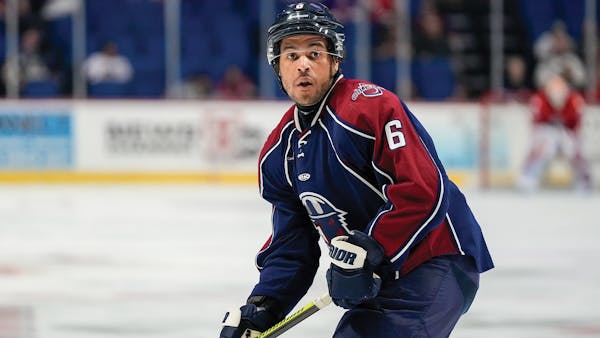
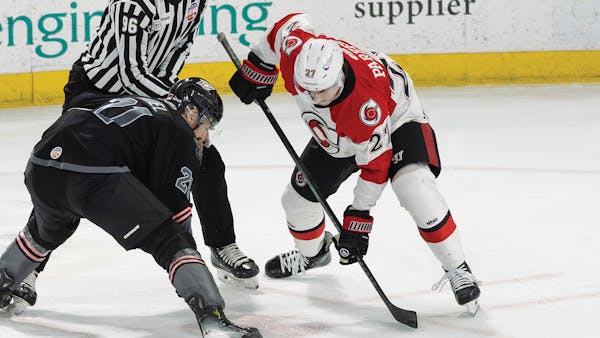


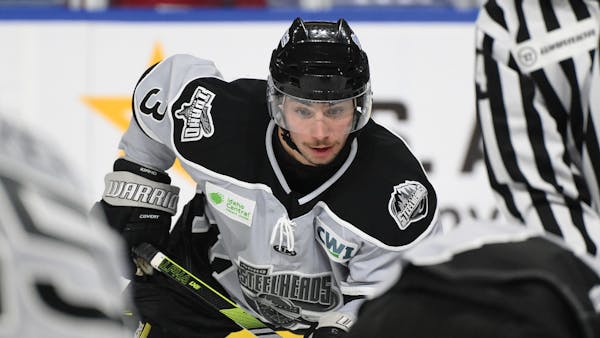
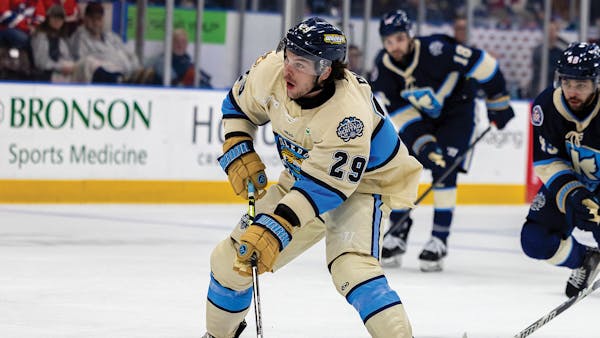
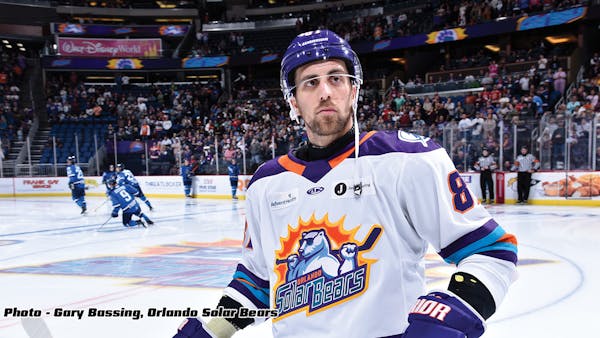

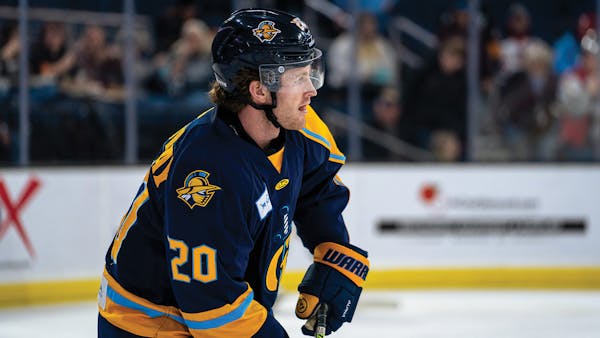














 Adirondack Thunder
Adirondack Thunder
 Allen Americans
Allen Americans
 Atlanta Gladiators
Atlanta Gladiators
 Bloomington Bison
Bloomington Bison
 Cincinnati Cyclones
Cincinnati Cyclones
 Florida Everblades
Florida Everblades
 Fort Wayne Komets
Fort Wayne Komets
 Greensboro Gargoyles
Greensboro Gargoyles
 Greenville Swamp Rabbits
Greenville Swamp Rabbits
 Idaho Steelheads
Idaho Steelheads
 Indy Fuel
Indy Fuel
 Iowa Heartlanders
Iowa Heartlanders
 Jacksonville Icemen
Jacksonville Icemen
 Kalamazoo Wings
Kalamazoo Wings
 Kansas City Mavericks
Kansas City Mavericks
 Maine Mariners
Maine Mariners
 Norfolk Admirals
Norfolk Admirals
 Orlando Solar Bears
Orlando Solar Bears
 Rapid City Rush
Rapid City Rush
 Reading Royals
Reading Royals
 Savannah Ghost Pirates
Savannah Ghost Pirates
 South Carolina Stingrays
South Carolina Stingrays
 Tahoe Knight Monsters
Tahoe Knight Monsters
 Toledo Walleye
Toledo Walleye
 Trois-Rivières Lions
Trois-Rivières Lions
 Tulsa Oilers
Tulsa Oilers
 Utah Grizzlies
Utah Grizzlies
 Wheeling Nailers
Wheeling Nailers
 Wichita Thunder
Wichita Thunder
 Worcester Railers
Worcester Railers